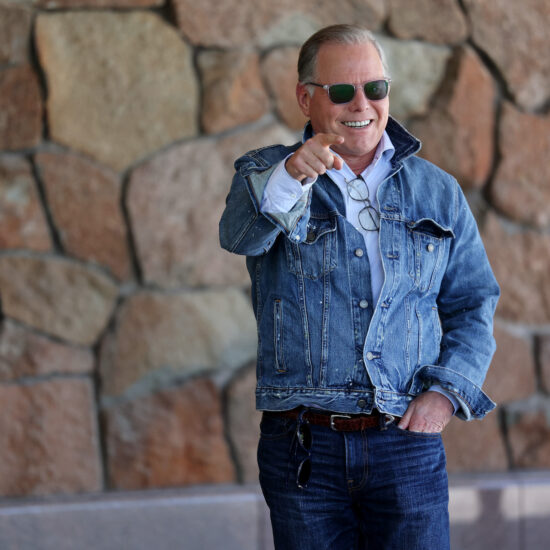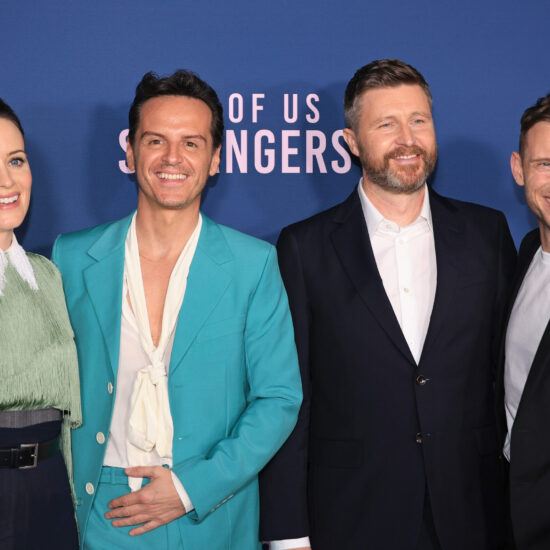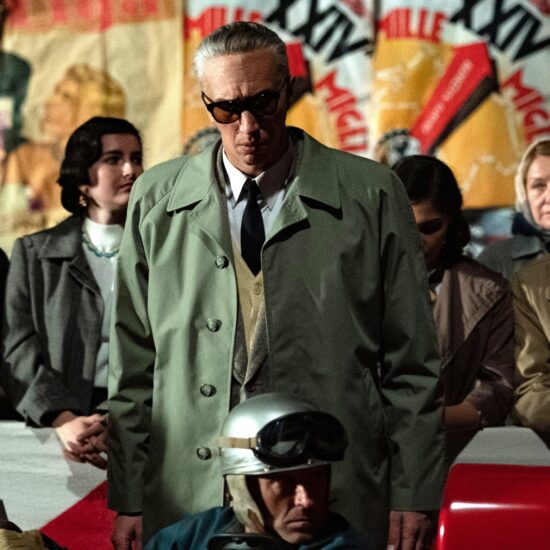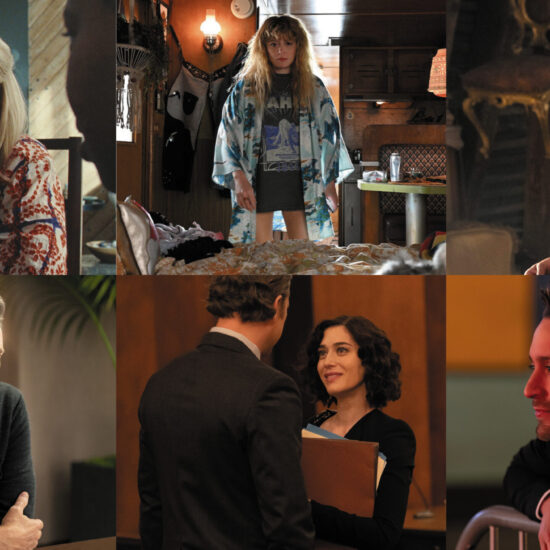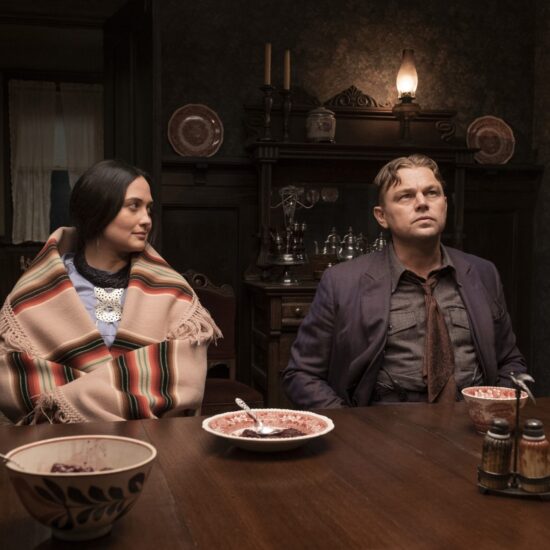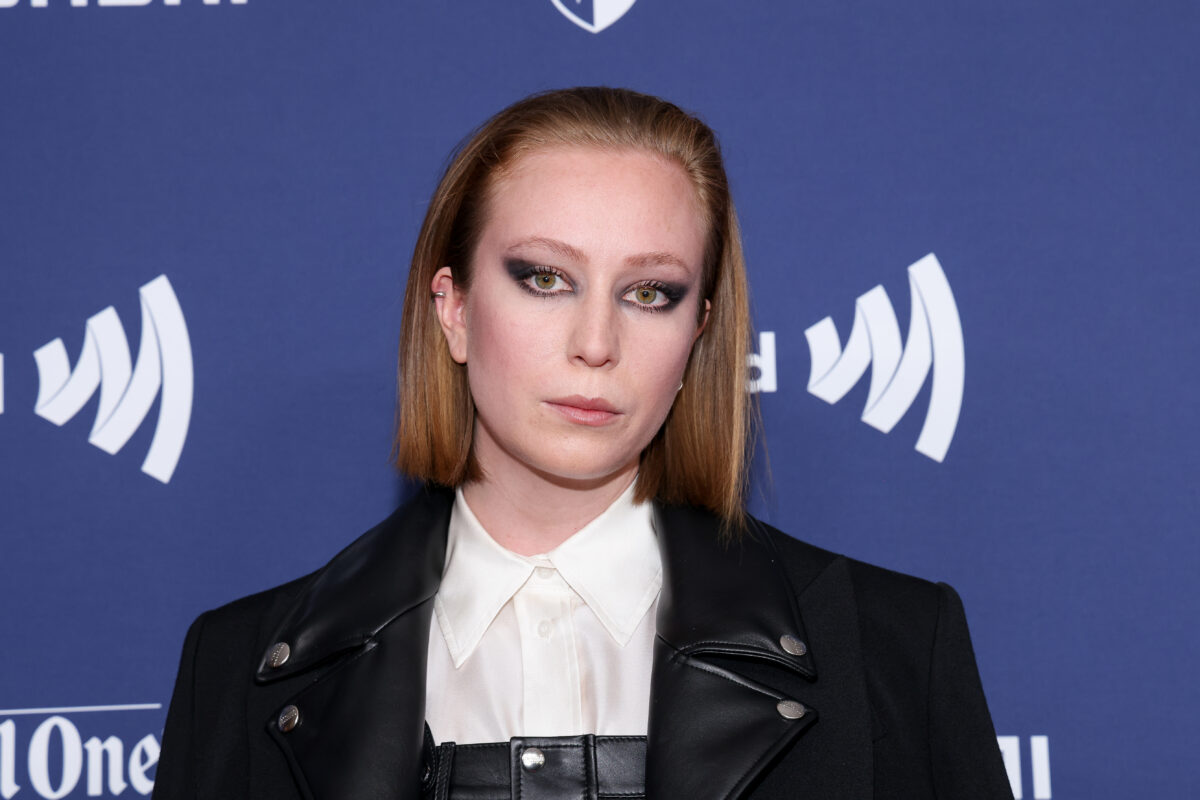
In “Hacks,” Hannah Einbinder plays a disgruntled Hollywood writer struggling to chart her career path in the soul-crushing studio system. Now, reality is catching up with fiction, and Einbinder is one of many SAG-AFTRA members striking alongside the WGA.
“We’re living in a time where the average actor has to make $26,000 to qualify for health insurance and upwards of 80% of Guild members cannot qualify for health insurance. There are a list of very reasonable, very, basic human right demands that a lot of the people on the negotiating committee have been advocating for that the studios refused to be reasonable,” Einbinder told IndieWire on Friday, while on the picket line outside the Burbank studio of “Hacks” production company Warner Bros.
SAG-AFTRA went on strike Thursday, after the guild rejected the terms the Alliance of Motion Picture and Television Producers (AMPTP) provided during negotiations for a new contract. Issues that split both negotiating parties include AI protections and revamped residual models. With their work stoppage, SAG members join WGA members on the picket line, after that guild went on strike starting in May.
“We haven’t had enough of a collective understanding of just how dire the AI takeover is and how quickly it’s becoming a reality and how absolutely the AMPTP is looking to replace writers and actors entirely,” Einbinder told IndieWire. “You know, they’re already trying to get those types of wording into these contracts and it’s not possible for us to continue on, if they don’t heed to our wishes on those issues.”
Einbinder also addressed the controversial and much criticized Deadline article published on Tuesday, shortly before SAG went on strike, in which several quoted members of the AMPTP guild revealed their strategy for the WGA strike is to halt discussions until the Fall, in an attempt to “bleed out” the guild until members face severe financial consequences, up to losing their homes. Einbinder said the article proves that studios underestimate the guilds as collectives, calling their position a “distorted perspective” of the typical financial realities of creatives in the industry.
“Disrespectful, doesn’t even cover it. That’s not a strong enough word,” Einbinder told IndieWire. “It’s inhumane frankly, and they don’t understand lhow horrible of a position the average writer and actor has been put in thus far, and that the average writer and actor knows how to survive in the strike time because it’s not much different from when we’re not on strike.”
During the interview, Einbinder also pushed against misconceptions about how WGA and SAG-AFTRA members make their livings, pointing out how the model for residuals has negatively affected guild members abilities to make their livings, and has caused disparities in who is able to afford to make a living through acting and writing in the Hollywood system.
“This isn’t the 90s, like the ‘Friends’ numbers and all of the network sitcom figures that used to exist have absolutely vanished in the streaming age. For a majority of members of these unions, it’s on a different planet, from what it once was,” Einbinder said. “I understand, viewers and fans’ alike inclination to question and be like, ‘aren’t you guys like these spoiled rich people?’ And in some cases, yes, there are wealthy actors, for sure. There are wealthy writers and show runners for sure. But the overwhelming majority of folks who work in this industry, they just can’t get by.”
Speaking about how the dual strikes fit into larger conversations about strikes and wealth disparities in the United States, Einbinder said that she believed the high visibility of the strikes might inspire workers in other industries to go on similar strikes. Einbinder further speculated that part of why tech conglomerates involved like Apple or Amazon don’t want to submit to the WGA or SAG-AFTRA’s demands is because t might set an example for their workers in different sectors.
“The heads of these massive conglomerates across industries don’t want to set a precedent here. We have the eyes on us, obviously because a big part of our industry that outward facing element, but I think that the powers that be, the corporate overlords who are withholding our basic necessities from us, I think they don’t want to set an example by heeding to our demands,” Einbinder said. “Because then it’ll inspire more labor organizations and more uprisings across the country. And I think they’re scared of that because their business model depends on abusing people.”
Season 3 of “Hacks” was one of many shows to halt production in May following the start of the WGA strike; co-creator Lucia Aniello confirmed the news on Twitter, saying that “Writing happens at every stage of the process – production and post included. It’s what makes shows and movies good. It’s what makes them possible.”
Watch Einbinder’s interview with IndieWire below.










